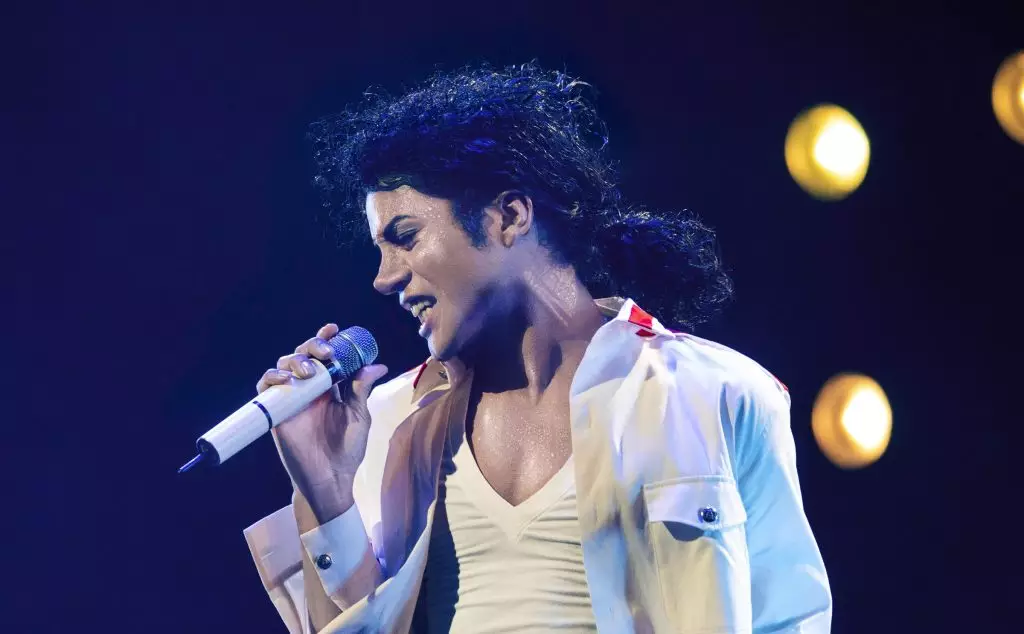The world of cinema is continuously evolving, with studios frequently reassessing release dates to optimize audience engagement and box office performance. One notable development is Lionsgate’s decision to relocate the biopic “Michael,” directed by Antoine Fuqua, from its original Easter weekend frame to a new opening on October 3, 2025. This strategic shift underscores the competitive nature of theatrical releases and the importance of timing in attracting viewers.
Starring Jaafar Jackson, who takes on the role of the legendary Michael Jackson, “Michael” centers on the multifaceted life of the pop icon. It promises to delve into both Jackson’s public persona and the personal challenges he faced throughout his life—a narrative depth that echoes the success of previous musical biopics, such as “Bohemian Rhapsody.” Produced by Graham King, whose previous projects have garnered critical acclaim and impressive box office returns, “Michael” aims to resonate with audiences seeking both entertainment and insight into the complexities of a cultural icon.
Impact of the Awards Corridor
By moving the release date to early October, Lionsgate positions “Michael” strategically within the awards corridor season. Traditionally, films released during this period have a greater likelihood of garnering nominations and accolades. The comparative success of “Bohemian Rhapsody,” which not only opened to strong ticket sales but went on to achieve four Oscars, serves as a useful benchmark. As such, “Michael” will be assessed against high expectations, particularly as it prepares to debut just one week before Disney’s “Tron: Ares,” which could potentially bifurcate audience interest.
The Comedy Landscape: Good Fortune
In addition to the anticipated biopic, Lionsgate has slated the Aziz Ansari-led comedy “Good Fortune” for release on October 17, 2025. This film, which also features Keanu Reeves and Seth Rogen, positions itself in stark contrast to the more serious “Michael.” Directors and producers often strive to create films that appeal to a wide audience, and “Good Fortune” is exploring themes around capitalism and social dynamics through the lens of comedy. Ansari, known for his unique storytelling style, has penned and helmed this project, aiming to strike a balance between humor and poignant commentary.
The comedic narrative, wherein Reeves portrays a hapless angel influencing the lives of Ansari’s character and a wealthy businessman played by Rogen, promises to offer entertainment alongside relatability. However, it will face stiff competition from horror sequel “Black Phone 2,” which further complicates the marketplace for comedies as studios navigate consumer preferences that may skew towards more thrilling content.
The decision to shift release dates indicates a broader trend in the filmmaking industry, where studios must continuously adapt to audience demand, market conditions, and competitive landscapes. As Lionsgate maneuvers with “Michael” and “Good Fortune,” both films are poised to make significant impacts in distinct ways. The resulting shifts are a testament to the intricate choreography involved in releasing films, with the potential to captivate audiences amid a crowded cinematic environment. The careful planning behind these releases exemplifies how studios strive not just for box office success, but also for critical acclaim in today’s complex entertainment landscape.

